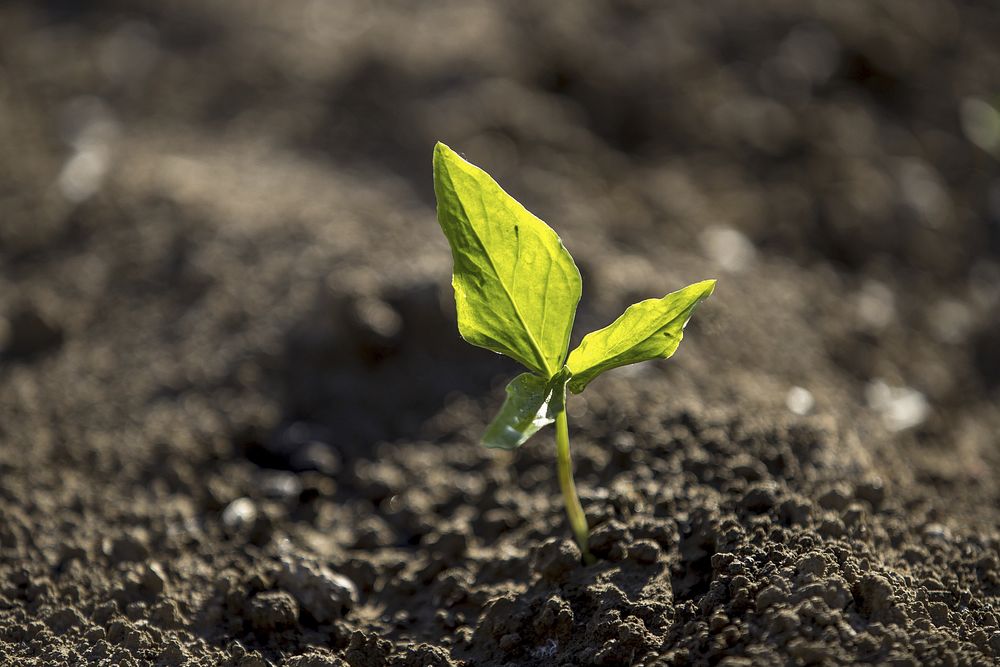Introduction:
As we step into the agrarian landscapes of 2023, a green revolution is underway, and its banner proudly reads “Organic Farming.” In a world where sustainability and health-conscious choices are at the forefront, the organic farming trend has evolved from a niche practice to a mainstream movement.
This blog explores the flourishing realm of organic farming, unraveling the reasons behind its resurgence and the transformative impact it is making on agriculture, the environment, and our plates.
Beyond a Trend: A Paradigm Shift in Agriculture:
Organic farming is no longer confined to the fringes of agricultural practices; it has transcended the status of a trend to become a fundamental shift in how we approach food production. In 2023, farmers, consumers, and policymakers are recognizing the importance of moving away from conventional farming methods that rely heavily on synthetic pesticides and fertilizers.
The organic farming paradigm emphasizes a holistic approach that nurtures the soil, promotes biodiversity, and prioritizes natural processes. It’s a return to traditional, time-tested methods that prioritize the health of the land and the well-being of those who consume its bounty. As the demand for organic produce continues to soar, farmers are embracing this shift, recognizing that it’s not just a passing trend but a sustainable and resilient way forward.
Healthy Soil, Healthy Plants, Healthy People:
At the heart of the organic farming resurgence lies a deep commitment to soil health. Conventional agriculture often relies on chemical inputs that, over time, degrade the quality of the soil.
In contrast, organic farming prioritizes soil fertility through the use of compost, cover crops, and crop rotation. Healthy soil, rich in organic matter, not only boosts plant vitality but also sequesters carbon, contributing to climate change mitigation.
The emphasis on soil health translates into nutrient-dense crops. Studies have shown that organically grown fruits and vegetables tend to have higher levels of essential nutrients, antioxidants, and beneficial compounds. As consumers become increasingly health-conscious, the nutritional superiority of organic produce is a compelling reason behind the trend’s momentum.
Resilience in the Face of Climate Change:
Climate change is no longer a distant threat but a present reality, and agriculture is on the front lines of its impacts. Organic farming is emerging as a resilient response to the challenges posed by a changing climate. By fostering diverse ecosystems and building healthy, carbon-rich soils, organic farms are better equipped to withstand extreme weather events, pests, and diseases.
Crop diversity, a hallmark of organic agriculture, acts as a natural defense mechanism. Instead of relying on monoculture, which is vulnerable to catastrophic failures, organic farms embrace a mosaic of crops that support each other and create a more resilient food system. This adaptability is crucial in the face of unpredictable weather patterns and evolving pest pressures.
Additionally, organic farming practices, such as agroforestry and water conservation techniques, contribute to climate change mitigation by sequestering carbon and reducing greenhouse gas emissions. As the world grapples with the urgent need for sustainable solutions, organic farming stands out as a beacon of hope, showcasing agriculture’s potential to be part of the climate solution.
Consumer Consciousness Driving Change:
In 2023, consumers are not just buyers; they are active participants in shaping the food system. The surge in interest and demand for organic products is indicative of a growing consciousness about the environmental and health impacts of food choices.
Consumers are not merely following a trend; they are making a conscious decision to support a food production system that aligns with their values.
The desire for transparency and traceability in food production is a driving force behind the organic farming trend. Consumers want to know where their food comes from, how it is grown, and the impact it has on the environment. Organic certification provides a clear signal that a product has been produced in accordance with strict organic standards, offering consumers the assurance they seek.
Beyond the health benefits of organic produce, consumers are increasingly aware of the broader implications of their food choices. Supporting organic farming means supporting practices that prioritize biodiversity, conserve water, and promote soil health. In a world where consumers wield considerable influence, the organic farming trend is a testament to the power of informed choices in shaping a more sustainable and equitable food system.
Technology Meets Tradition:
In the organic farming renaissance of 2023, tradition and technology are joining forces to enhance productivity and sustainability. While organic farming draws inspiration from traditional, pre-industrial agricultural practices, modern technology is being harnessed to optimize these methods.
Precision agriculture, data analytics, and innovative farming technologies are being integrated into organic farming practices, offering farmers tools to make informed decisions and optimize resource use. From sensor-based irrigation systems to drone-assisted crop monitoring, technology is enhancing the efficiency of organic farms without compromising their commitment to natural and sustainable practices.
Advancements in organic seed breeding are another dimension where technology is playing a pivotal role. Organic farmers are gaining access to improved varieties that are well-suited to their agroecosystems, ensuring higher yields and better resilience against pests and diseases.
Conclusion:
As we navigate the agricultural landscape of 2023, the resurgence of organic farming is more than just a trend; it’s a transformative movement reshaping the way we produce and consume food. From the soil beneath our feet to the choices on our plates, organic farming is leaving an indelible mark on the future of agriculture.
The organic farming renaissance of 2023 is a celebration of resilience, sustainability, and the enduring connection between people and the land. It’s a movement driven by a collective consciousness that recognizes the profound impact of our food choices on the health of our bodies and the health of the planet. As we embrace the organic farming paradigm, we not only sow the seeds of a more sustainable agriculture but also cultivate a future where the bounty of the earth nourishes us in harmony with nature.

